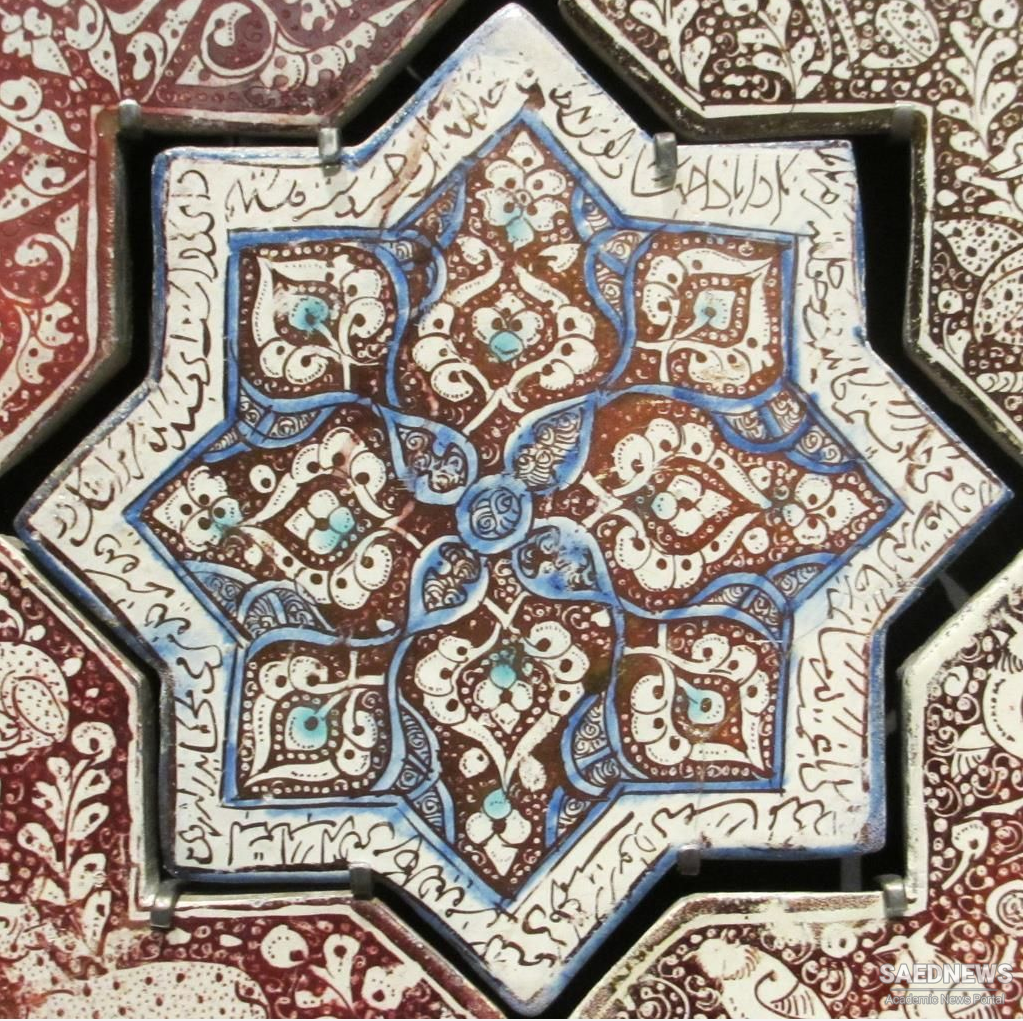AS HOME TO SOME OF THE WORLD’S earliest civilizations and the birthplace of three great religions, the Middle East offers a rich tapestry of human life and deeply ingrained traditions. At the same time, the region’s political history, both classic and modern, has been punctuated by the rise and fall of great powers, colonial domination, the birth or creation of new countries, and uneven marches toward political and economic development. The multiple consequences of these developments for the Middle East have been particularly pronounced since the early decades of the twentieth century. In reality, however, they can be traced as far back as the second half of the 1500s, when the Ottoman Empire began expanding its domain, and, in many ways, even before that, all the way back to the early development of Islam in the seventh century A.D. From its inception, Islam has shaped politics and society in the regions where it is dominant, especially the Middle East. Even in those historical periods when political authority in the Muslim lands was fragmented or nonexistent, Islam continued to be a powerful social bond and a potential source of communal solidarity. The Ottomans united much of the Middle East under their own imperial banner, but their control over their far-flung territories was tenuous and indirect at best. Despite the existence of the institution of beyliks (provincial governorships appointed by the Ottoman court), in much of the Middle East meaningful local political institutions never had the opportunity to emerge. The Ottoman “state” operated most manifestly in Istanbul and in the Anatolian heartland and seldom reached deep into the societies of the vast territories over which it ruled (SourcE: Political History of Modern Middle East).


 Middle East: Early Political Camps and Divisions
Middle East: Early Political Camps and Divisions














































